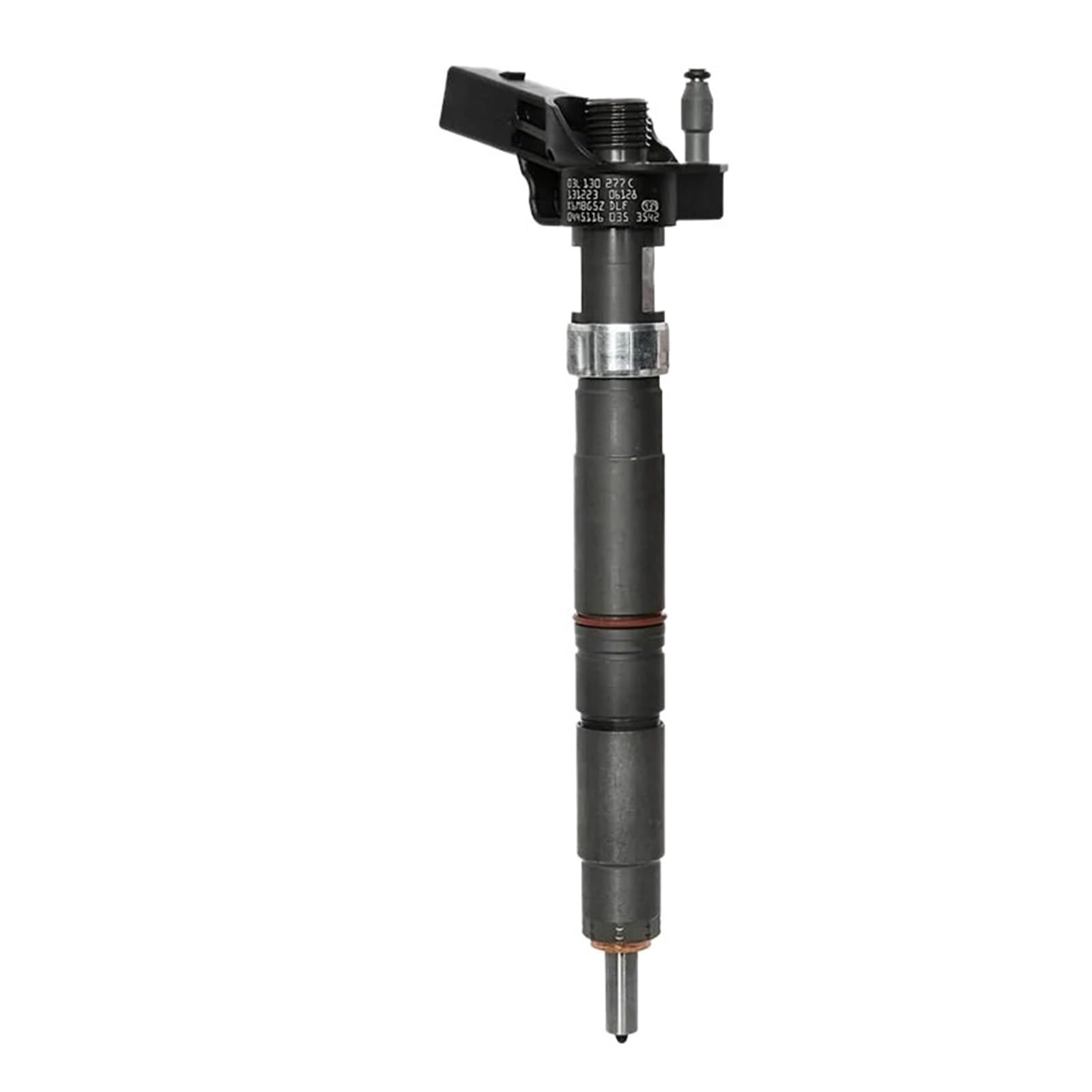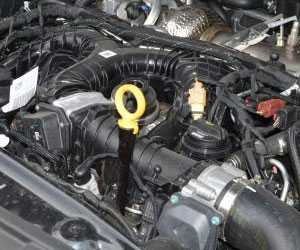Navigating the Refine of Engine Option: Secret Factors to Take Into Consideration
The procedure of engine option is a diverse venture that requires mindful analysis of numerous important aspects to make certain placement with operational objectives. Efficiency needs, fuel efficiency, and financial constraints are simply the beginning; considerations around environmental influence and upkeep support play a crucial role in the decision-making structure. Recognizing just how each of these components connects can considerably influence the effectiveness and longevity of your financial investment. Nonetheless, the complexities of each variable may not be instantly noticeable, triggering further examination of how to purposefully navigate this complicated landscape.
Performance Needs
When selecting an engine, it is critical to establish clear efficiency needs that line up with the desired application. Performance needs encompass a variety of variables, including power outcome, torque features, and responsiveness, which should be tailored to the particular needs of the lorry or machinery in concern.
Power output, commonly measured in horse power, establishes the engine's ability to thrust a car or execute a job efficiently. Torque, on the other hand, is crucial for applications requiring strong preliminary velocity or heavy training capabilities. An understanding of the functional atmosphere is additionally vital; as an example, engines designed for off-road applications might need different efficiency characteristics contrasted to those meant for freeway usage.
In addition, consider the operational load and responsibility cycle, as these aspects affect the engine's long life and integrity. In high-load situations, a robust engine style might be necessary to stop premature wear or failing. Furthermore, performance needs should additionally integrate considerations for discharge criteria and regulative conformity, particularly in regions with stringent ecological laws. By defining these performance specifications early in the selection process, stakeholders can make educated choices that improve general operational performance and performance.
Fuel Performance Factors To Consider
While efficiency needs are important, fuel effectiveness is just as essential in the engine option process, as it directly affects operating expense and environmental sustainability. Fuel-efficient engines consume less fuel each of job performed, which not just lowers total expenditure yet likewise decreases greenhouse gas emissions. As organizations progressively focus on sustainability, selecting an engine that optimizes fuel efficiency can improve corporate duty and conformity with environmental guidelines.
When evaluating fuel effectiveness, it is vital to take into consideration the engine's design and innovation - amarok engine for sale. Innovations such as turbocharging, direct gas injection, and crossbreed systems can considerably boost gas economy. In addition, understanding the operating conditions and duty cycles of the engine application is crucial; engines might perform in different ways under differing tons and speeds
Additionally, makers typically provide gas consumption data that can be utilized to contrast numerous engine alternatives. In recap, gas performance is a multi-faceted consideration that calls for thorough analysis throughout the engine choice process.
Budget and Cost Analysis
Budget plan and expense evaluation acts as an important element in the engine choice process, affecting both short-term investments and long-term operational expenses. When assessing possible engines, it is necessary to take into consideration not only the first purchase cost yet also the overall price of possession, which incorporates installation, upkeep, fuel intake, and potential downtime.
A detailed evaluation should start with the ahead of time expenses connected with the engine, consisting of essential alterations or supplementary tools. Focusing only on initial expenses might lead to misdirected decisions. Examining operating expense over the engine's lifespan is equally important, as extra costly engines might use exceptional gas effectiveness or reduced upkeep demands, eventually causing set you back financial savings.

Environmental Impact Factors
Recognizing environmental effect aspects is crucial in the engine selection procedure, as sustainability factors to consider have actually become visit their website increasingly important for both governing conformity and corporate responsibility. Organizations must assess the discharges produced by various engine kinds, consisting of co2, nitrogen oxides, particle issue, and unburned hydrocarbons. These discharges contribute dramatically to air contamination and environment change, necessitating a cautious evaluation of the engine's eco-friendly footprint.
Moreover, fuel type plays a crucial role in ecological influence. Engines powered by eco-friendly energy sources, such as biofuels or hydrogen, tend to have a lower ecological influence contrasted to typical fossil fuels. Furthermore, the lifecycle evaluation of the engine, from production through procedure to disposal, ought to be considered to comprehend the complete scope of its environmental effects.

Maintenance and Assistance Choices
When selecting an engine, the schedule of upkeep and assistance choices is a crucial factor to consider that can dramatically affect functional efficiency and long life. Comprehensive maintenance prepares ensure that the engine runs at peak efficiency and reduces unanticipated downtimes. It is necessary to assess the supplier's support network, consisting of the availability of qualified professionals and service facilities.
Evaluating the accessibility of spare components is likewise essential. A dependable supply chain for components can decrease lead times for repair services and maintenance, therefore improving general efficiency. In addition, think about the convenience of obtaining technological documents and training sources, which are vital for making sure that workers are well-equipped to handle regular and emergency situation scenarios.
Another essential aspect is the service warranty and service agreements provided by the maker. Ultimately, an aggressive method to maintenance and support not just expands the life of the engine however also adds to the total success of the operation.
Verdict
To conclude, the process of engine selection requires an extensive analysis of numerous vital aspects, including efficiency demands, fuel performance, budget plan constraints, ecological impact, and upkeep support. By diligently examining these elements, educated decisions can be made that straighten with operational objectives and sustainability objectives. Ultimately, a strategic strategy to engine choice will certainly make sure ideal performance and longevity while addressing financial and ecological factors to consider successfully.
While performance requirements are vital, gas performance is similarly essential in the website here engine option procedure, as it directly impacts operating costs and ecological sustainability. As organizations progressively prioritize sustainability, picking an engine that maximizes gas performance can enhance company responsibility and compliance with environmental guidelines.
Additionally, recognizing the operating problems and responsibility cycles of the engine application is vital; engines may execute in different ways under varying loads and rates. (amarok engine for sale)
Assessing operating costs over the engine's life-span is just as vital, as much more costly engines may use premium fuel effectiveness or read more minimized upkeep needs, eventually leading to set you back financial savings.
In conclusion, the process of engine selection requires a detailed analysis of various crucial elements, consisting of efficiency needs, fuel effectiveness, budget plan restraints, environmental impact, and maintenance assistance. - amarok engine for sale